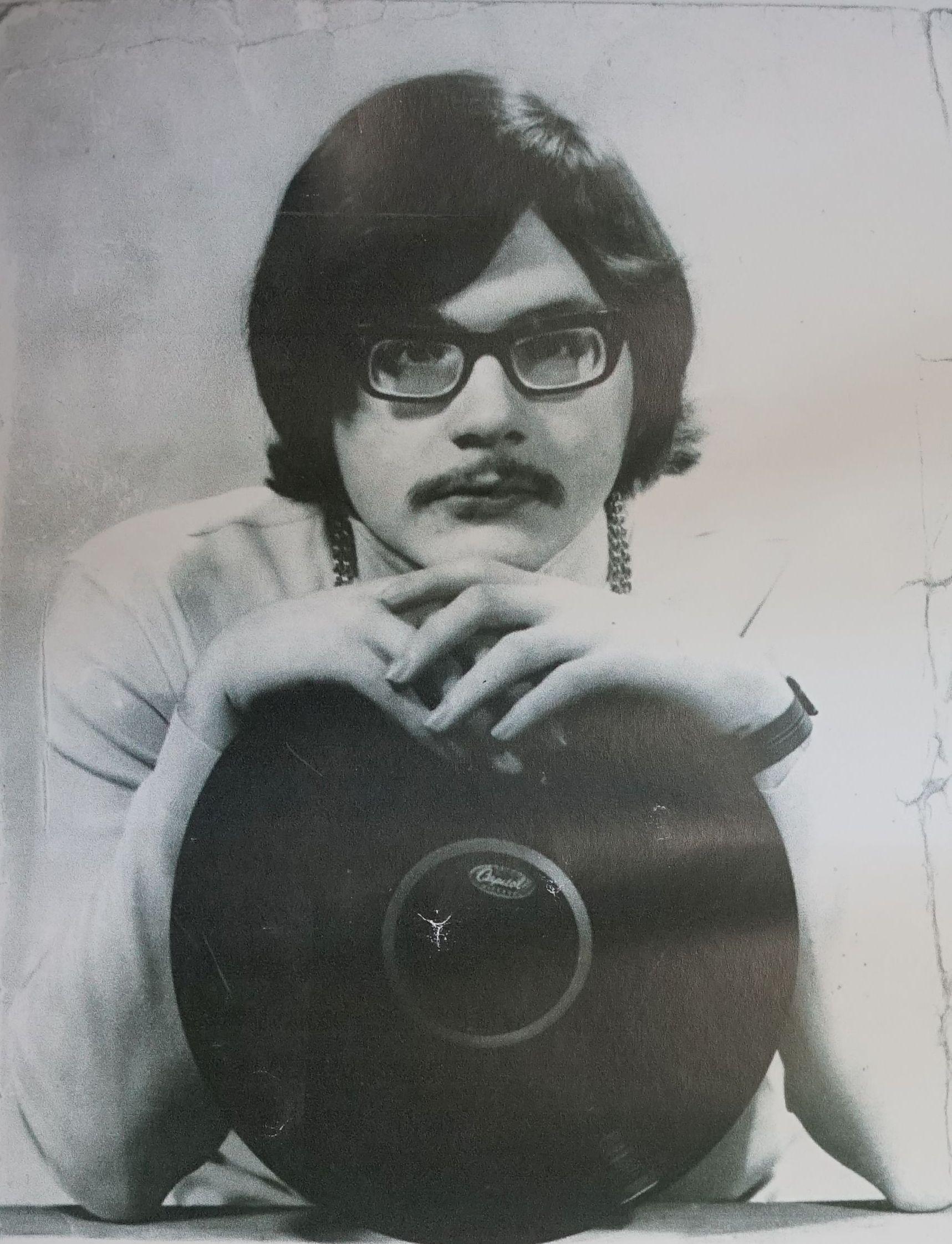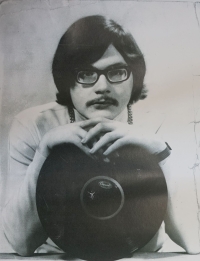Comrades kicked him out of school, so he became the first Moravian DJ

Download image
Jindřich Eliáš was born on 29 May 1950 in Brno. His mother, a music and singing teacher, instilled in him a love of music from an early age. During his adolescence in the 1960s, he was strongly influenced by the big beat. Shortly after his admission to the Faculty of Law in 1969, he was arrested for participating in an anti-occupation demonstration, convicted to a three-month suspended sentence, and expelled from the Faculty. By chance, he was asked to substitute a moderator at one of the first discotheques in Brno. His improvisation was liked and he decided to become a professional disc jockey and conferencer. He thus capitalized on his knowledge of contemporary music and turned his hobby into a job that lasted until his retirement. For decades, he played gramophone records from his rich collection for the Brno people to dance to and listen to, accompanied by his interesting commentaries. In the 1990s, he invented and hosted successful Oldies parties in the legendary club at Šelepka. One of his latest ventures is a retelling of Exupéry’s The Little Prince into Brno Hantec (curious traditional slang used in Brno), of which he is a recognized expert. In 2021, he lived in Brno.
